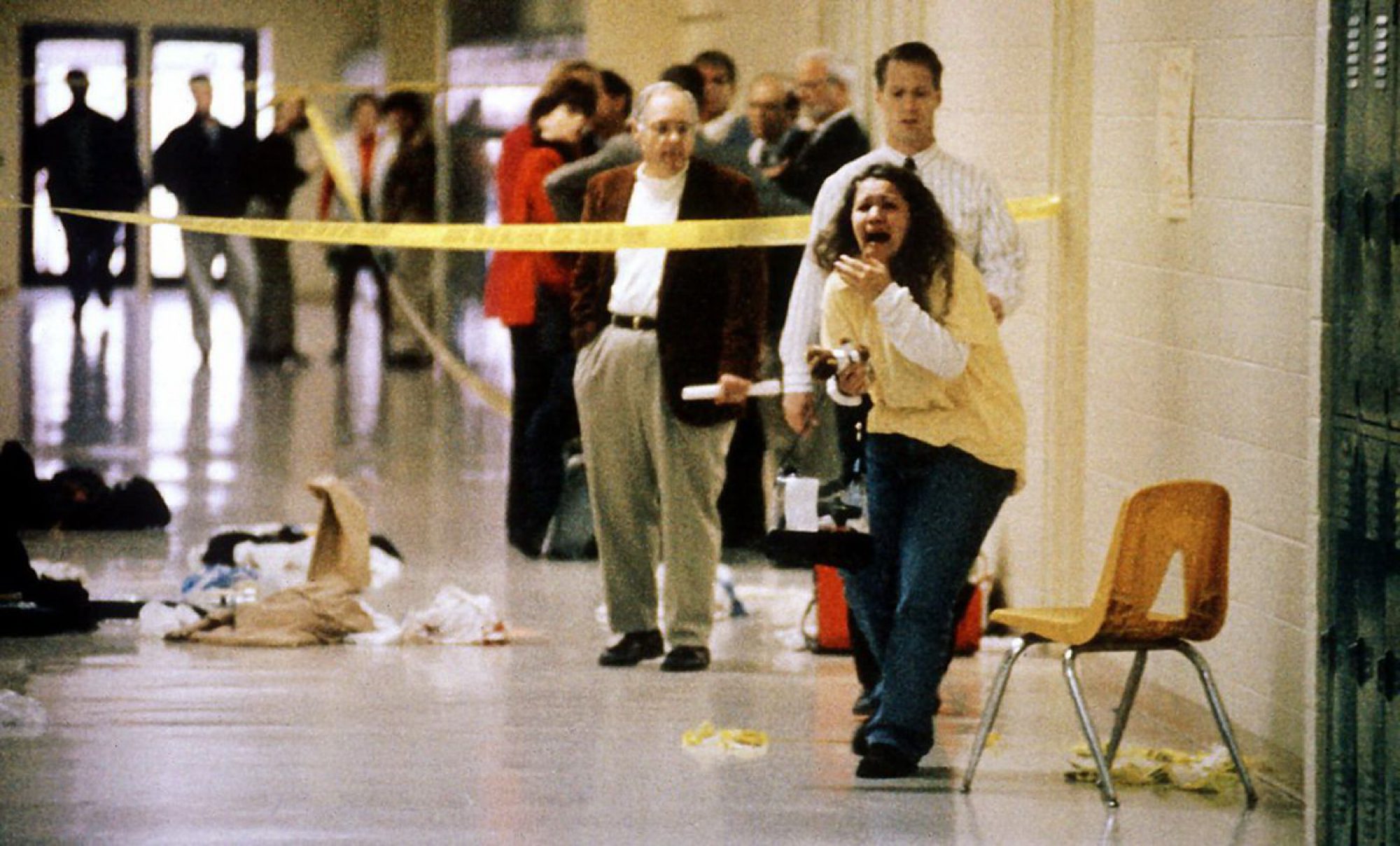On this December 1, I would like to extend my sympathies to all of the Heath community. I wish you strength and peace on this difficult day and every day.
Project Update
I would also like to provide an update on the oral history project. The project has been somewhat on pause for a variety of reasons, but we are now ready to resume interviews and hope to speak with survivors (including students, faculty and staff), family members, first responders, journalists, healthcare workers, police, and individuals involved in local and state government and criminal and civil law. Those who have provided their stories so far have shared so much unique knowledge based on their personal and professional experiences. I am sure there is so much more that the Heath community has to share that will enlighten future generations about responding to personal and community tragedy. (All interviews will be made freely available to the public through the Kentucky Historical Society and the Kentucky Oral History Commission and can be reused for non-commercial, educational and research purposes with the written permission of the Kentucky Historical Society.)
Remote Interviews and Self-Recorded Remembrances
Conducting this next round of interviews will now be much easier thanks to new technology. In partnership with the Kentucky Historical Society and the Kentucky Oral History Commission, we have now acquired a subscription to a program, theirstory.io, that will allow us to conduct remote interviews. This platform is similar to Zoom but designed expressly for oral histories (and it does not require a download or membership for interviewees). It will make it faster and simpler to conduct interviews with people now living across Kentucky and the US (and possibly the world) and to upload these interviews for public access. It also allows for interviews to be conducted safely amid the pandemic. Another exciting element of this software that I will be setting up in the coming weeks and months is a self-recording option. With this feature individuals will be able to record short remembrances from their own homes on their own schedules.
Contact
I will be reaching out to several people in the near future to try to schedule interviews. If anyone would like to participate in an oral history interview or knows someone else who might, please do not hesitate to email me at jfederico@heathoralhistories.com. I will make an announcement when the self-recording feature is available on heathoralhistories.com.
Please also reach out if you have any questions or suggestions.



